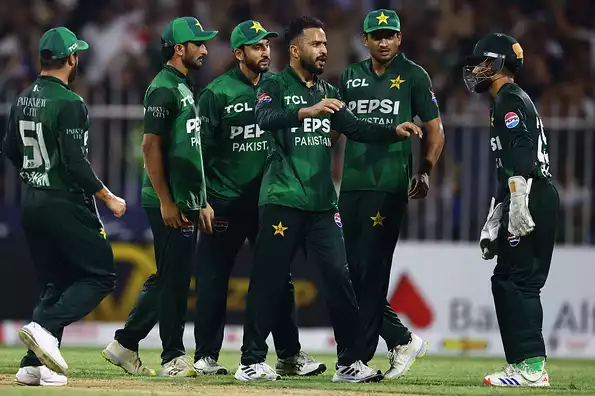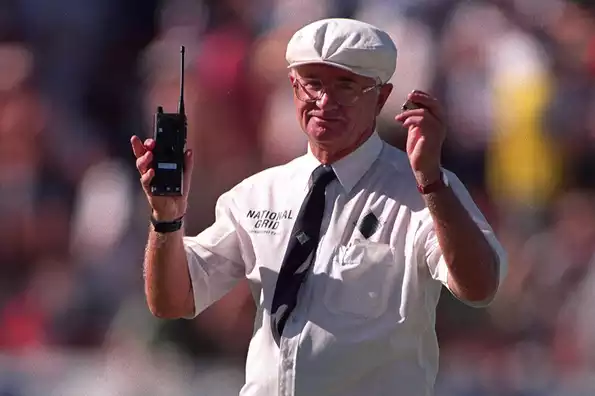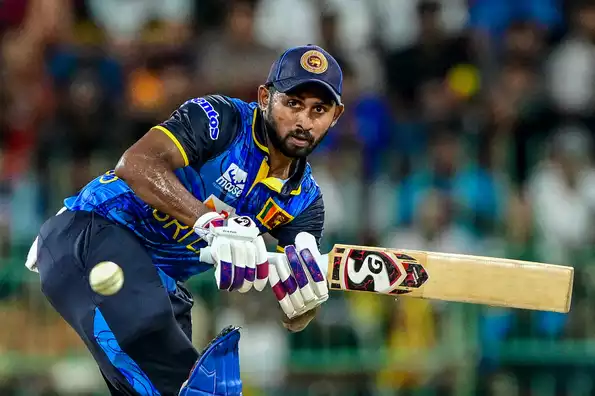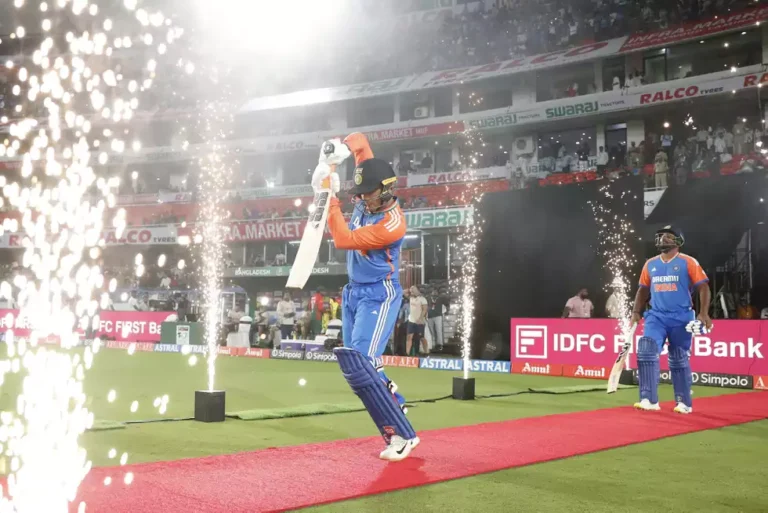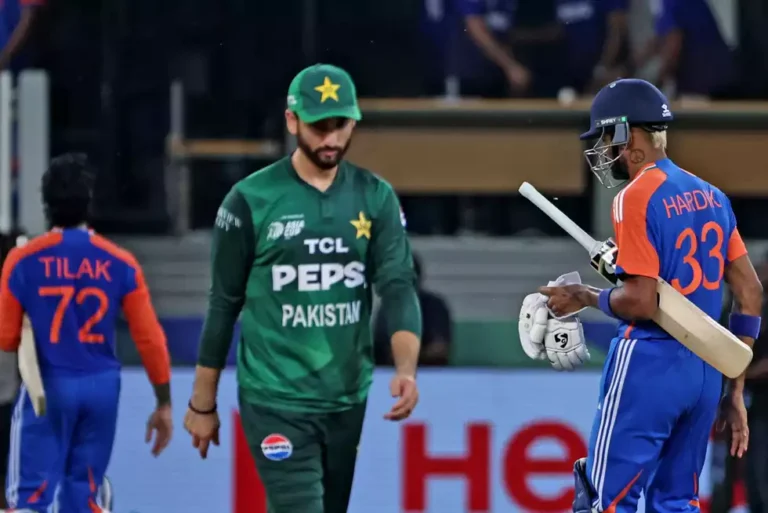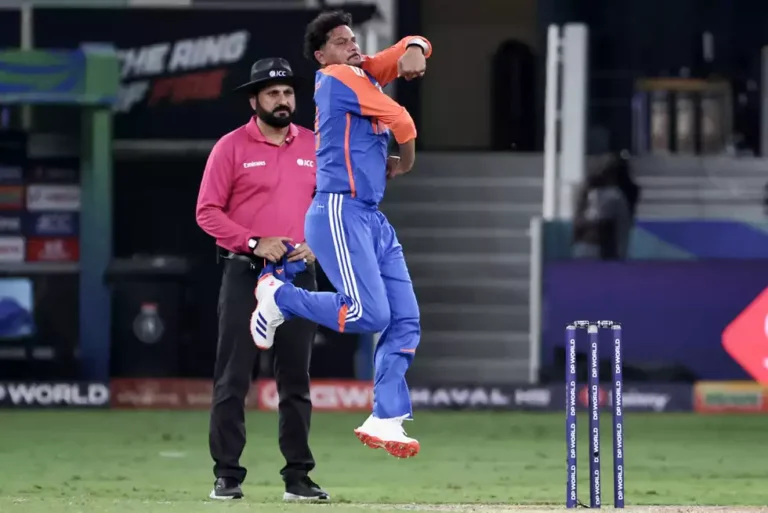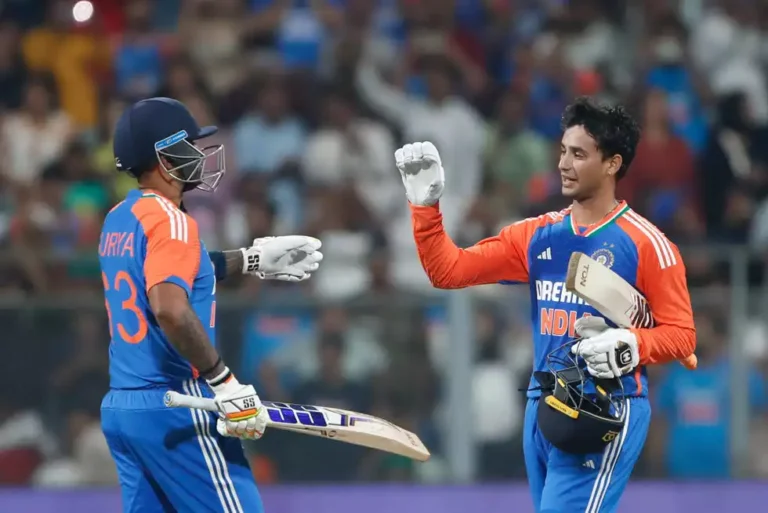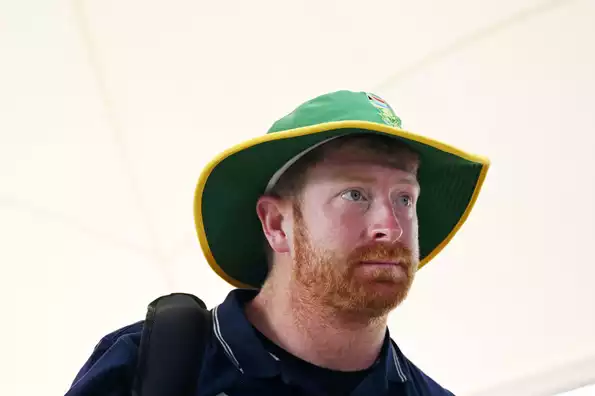
Heinrich Klaasen, the world’s premier white-ball batter, opens up after calling time on his international career at 33. In a candid conversation, he reflects on a moment when he nearly walked away from the game entirely, well before his renaissance in white-ball cricket. Klaasen revisits last year’s World Cup heartbreak, breaks down why Jasprit Bumrah is a force of nature, and shares the chaos of having to reschedule his wedding three times. He also calls on the ICC to scrap bilateral ODIs to help declutter the international calendar and for Cricket South Africa to re-evaluate their financial relationship with its players and how it structures its domestic franchise system.
How fulfilling was it playing for South Africa? You got to captain your country as well. What are some of the personal moments in South African shirt that stand out for you and those that you’d probably cherish 30 years later…
Yeah, it’s always been a dream to play for your country. If I can do it all over again, I don’t think I will change the way I’ve done things. It’s been a hard ride and a love hate relationship with playing for South Africa, but it’s shaped me into who I am as a character and as a person at the moment, which is why I appreciate a lot of lessons learned. [I’ve] worked with unbelievable players and coaches, so a lot to be happy about.
Obviously, I had some really dark times as well. But it’s part of cricket, and it’s part of learning in life. So,very blessedly, I’ve played since 2017. I think stand up moments, obviously, it was an honor to captain my country. And I think one big standout for me was receiving my Test cap. Wish I could’ve played a lot longer. I really loved the red ball format of the game. And obviously I’ve been blessed to make all my debuts against India, which is a nice thing to make against one of the strongest teams around the world. So, yeah, it’s been a lovely ride, and a lot of great moments that I will cherish for a long time.
Any moments off the field that you will surely recall and smile with your friends in 30 years time, when say, you have a reunion with Aiden Markram or Quinton de Kock…
I think we’ve just had a lot of good tours together. We do spend a lot of time together myself, Aiden [Markram], David [Miller], Quinney [de Kock]… even Dean Elgar when I was part of the Test team. I think the one that will probably be the sandpaper scandal Test series against Australia. For me, I was a little bit in and out of the team. I played domestic cricket while that series was on. And then when my game is finished, I’d get back to the team, and I’ve missed the exciting part of it in Durban, but we had a nice tour, or like a breakaway after the Durban Test match.
We went to St. Francis, played golf there and just spent time together for two days, and really changed that trip around. It was unbelievable to see the fight back and the emotions that the boys went through in that first Test. I think that just challenged us as South Africans to really push back hard and to show or put up a big fight. And that’s what we did. And. The boys stood up for each other, and we really showed they took on the wrong side. I can easily say that I’ve made real friends from those guys after cricket, which is tough to get. You’d think that you’ve made a lot of friends, and then the moment you’re done with cricket, you just realize they’re colleagues, but I can safely say that I’ve made true friends for life, which I’m happy about and it shows that we’re quite close in that group,
International retirement is a tough call, and some of the players have spoken how important family is for you. Whenever someone retires from international cricket and continues to play at the franchise level, maintaining the same intensity of training and fitness is not easy. You also don’t get to play international quality bowling all through the year. Did that thought cross your mind?
Yeah, I’m not worried about it. I’ve got enough coaches, and personnel to really keep me intact. Obviously, I know there’s going to be a challenge, probably from August till December, to really stay fit and stay ready and to be sharp and I get back into SA20. That’s my only concern, because after SA20, which is one of the toughest competitions for me that I’ve played… If you get through that following into IPL, there’s even more cricket, and then to come to the Hundred and MLC.
By then, you would be fully going again. So my biggest challenge will probably be just the SA20 to make sure that I am sharp, which is really important. And as a cricketer, I don’t think you just lose it overnight. It’s almost for me that I see it as off season. That will be my six months gap that I can be in a gym, get fit and ready again. Every cricketer goes through that, obviously. Now it’s a full year sport, but your normal domestic player does have six months off to to prepare himself, and mine is just in the middle of summer where people think you need to play cricket. So I’m not too worried about it. It’s your own personal thing to see how much you need to train and how much you need to get it right. I’ve got a lot of health issues that I need to sort out and I need to get my body sorted out. So some hard work for the next four or five months.
You’ve been one of the best white-ball batters in the world, and have redefined batting, specially the way with which you’ve been hitting spinners for sixes off the back foot. But there was a time before your resurgence, about four years back, when you were dropped for your domestic side and were sort of averaging under 10 for like five or six months. Any moments or revelations or vulnerability you would recall from that time?
I just remember, hate is a really strong word, but I disliked cricket a lot. I really wanted to quit. It was just a phase where I knew that the cricket was going in a certain direction, and the coaches wanted me to be very positive. And it’s almost like I explored a little bit too much, and then to find my form again was extremely difficult, especially on that high level. Also, I would say I didn’t know myself that well.
And then being dropped from a domestic side, it went, okay what do I need to do? Do I either stop or do you get back out? I had great conversations with Dean Elgar back then. He helped me to get out of the hole. And then I’ve got an unbelievable franchise back home, Titans, that looked after me my whole life. Since under-nine, they’ve been a part of my cricket journey, and they were the guys that took me back and helped me to get back to where I need to be. I spent a lot of time working with them and just trying to find the love of the game back. That allowed me just to be myself and just find my feet again. So yeah, that was a horrible stage in my life, but I’ve also learned quite a bit from it.
Any golden words said by anyone during that moment that you still have it fresh in your head?
I was lucky to have the people that I had when I went through that patch. Albie Morkel told me just before I got or when I got my call-up for the Proteas that you need to remember the people that you meet on your way up, because they will be the guys that’d be there when you come down. And that’s the one thing that always stuck with me.
You’ve got to be kind. You’ve got to keep your feet on the ground. And when you do get back from an international tour, spend time with those people that were there at the start for you. That’s what we did, and they were there when I got back, and when I went through a little bit of a dip. The other words were, probably can’t be said in an interview, but from Dean, it’s just harden up and suck it up, and because if I don’t do it, then if I don’t get out of that hole, that will be the end of my career. So it’s a little bit of hard love from the one guy and the other one, a guy that has always also been through a similar path. So those two guys really helped me through that stage. And some other guys just know me, and they gave me some tough love, which I needed to get back on track.
